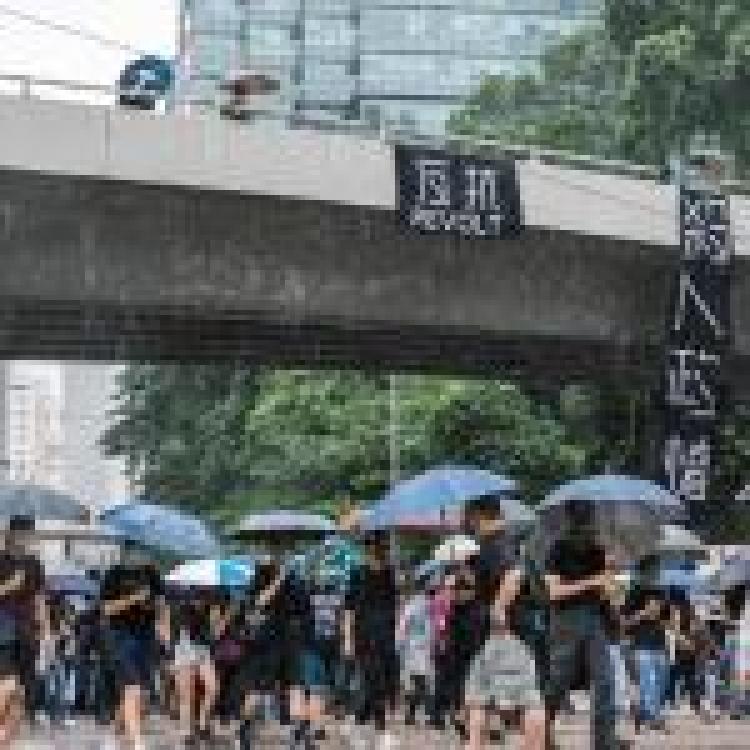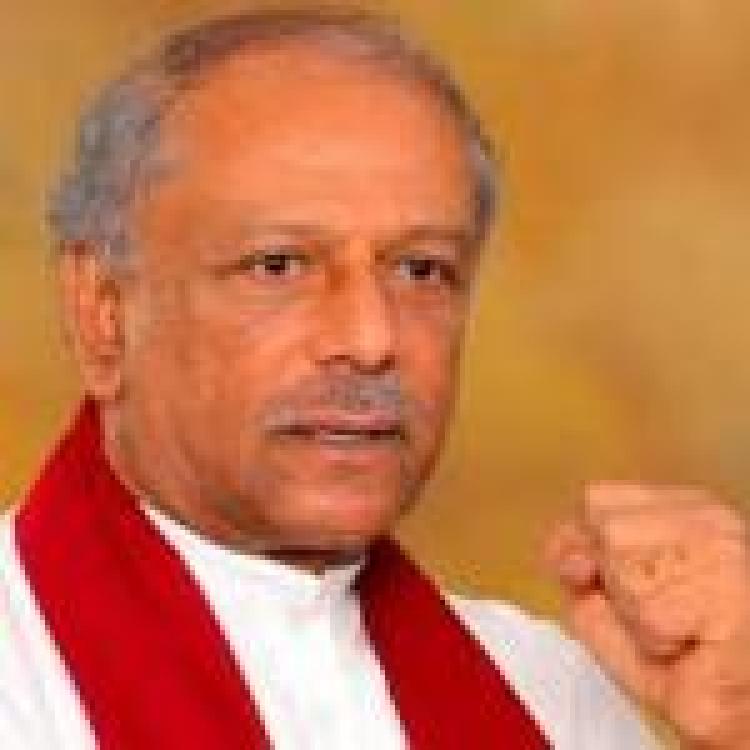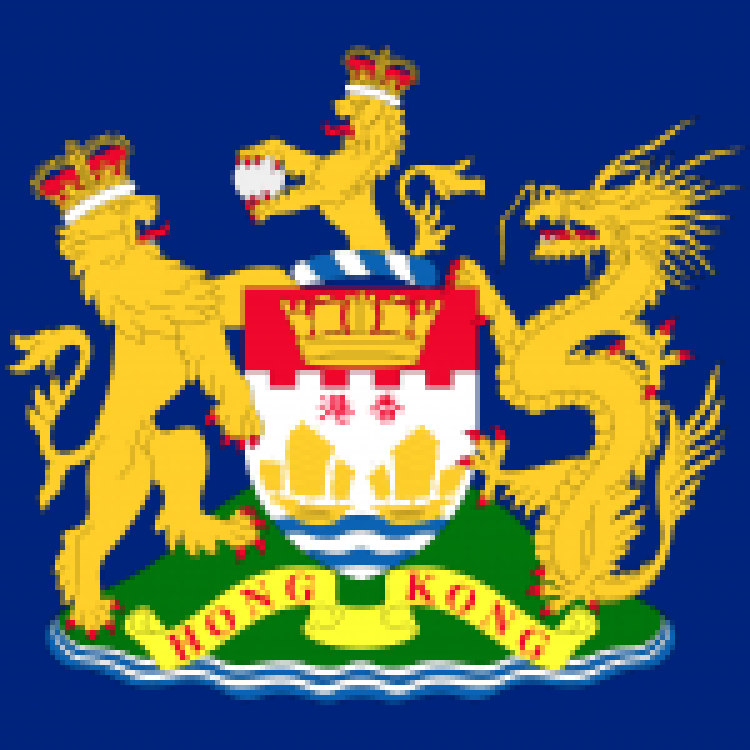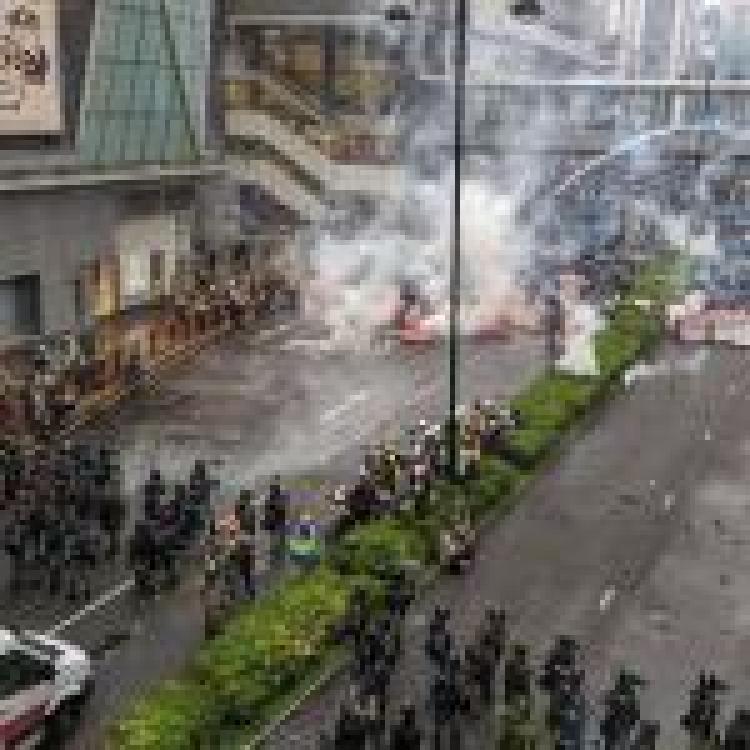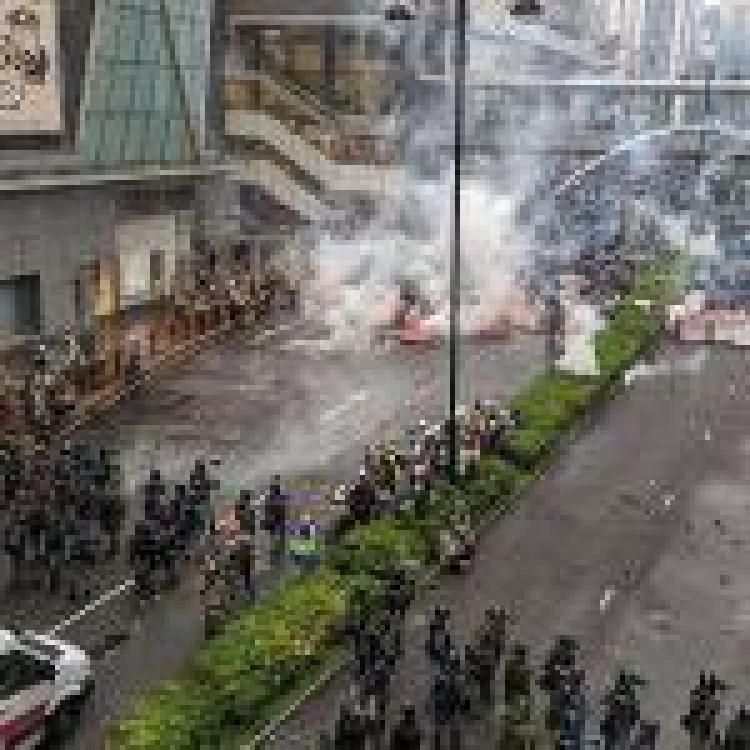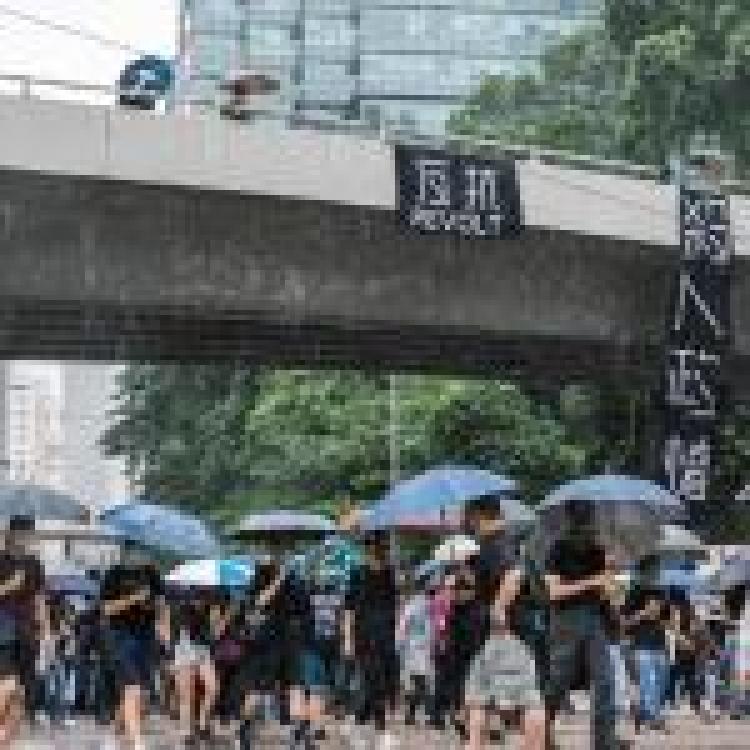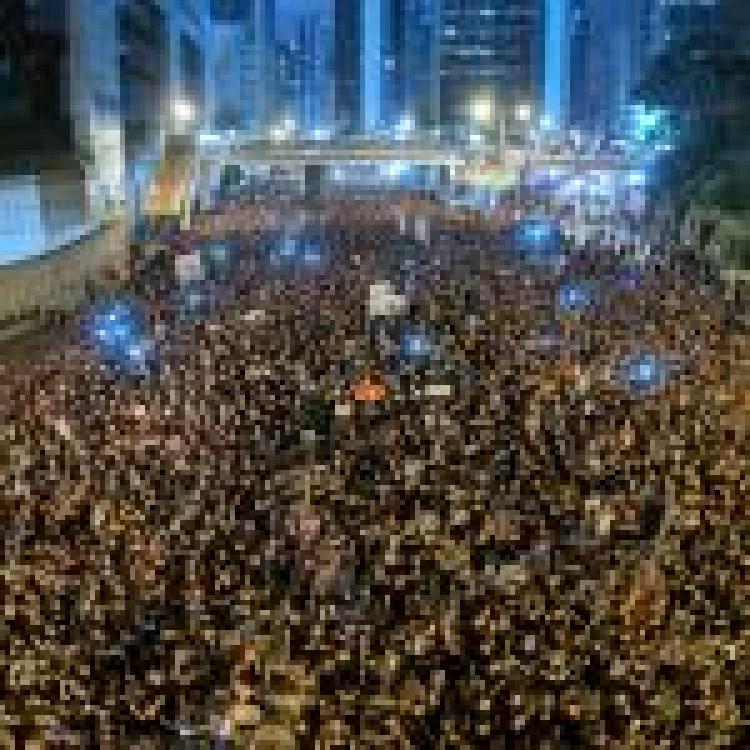.jpg)
Photo of Benny Tai by Etan Liam
The University of Hong Kong has fired an associate law professor, Benny Tai, under criminal charges for his role in the 2014 pro-democracy “umbrella protests.”
Benny Tai, 56, was convicted of public nuisance charges last year and was sentenced to 16 months in prison, but the professor was granted bail in August, pending an appeal.
Tai was one of the founders of the “umbrella protests” that paralyzed Hong Kong’s business districts for weeks.
Writing in a Facebook post, the professor said;
“This decision marks the end of academic freedom in Hong Kong,” and “academic staff in education institutions in Hong Kong are no longer free to make controversial statements to the general public about politically or socially controversial matters.”
However, the Hong Kong Beijing Liaison Office, representing Beijing’s government in Hong Kong, went on to say, “the University of Hong Kong’s decision to fire Benny Tai is a move that punished evil and praises the virtuous.”
The push to remove Tai comes just weeks after China adopted its National Security Law, which criminalizes secession, acts of treason, sedition and subversion, however many argue the terms are loosely drawn as to infringe upon individual liberties.
The Pro-democracy Protests
The 2014 Umbrella movement, inspired by Tai, was a largely peaceful protest to push for more direct democracy in Hong Kong.
Thousands took to the streets, occupying major roadways in the city for 79 days, in what was called a “violation of the rule of law” by government officials.
Police forces used pepper spray and tear gas to disperse protestors and many government officials claimed the west played an “instigating” role in the protests.
The 79-day sit-in ended without any political concessions from the government.
Read more from The Hill, the New York Times and, the BBC

